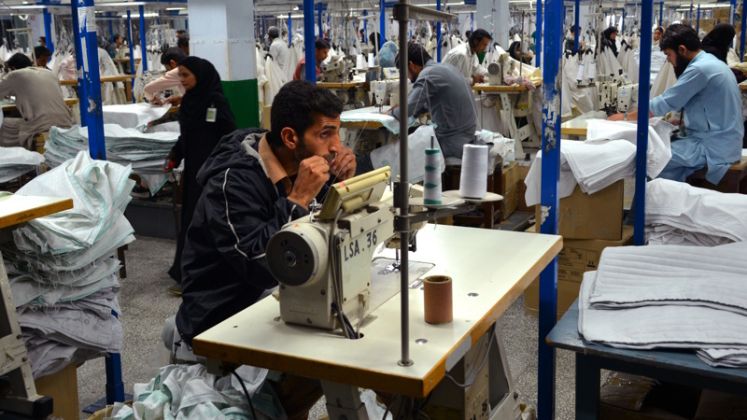
In a recent investigative report, the garment worker advocacy group, Labour Behind the Label has exposed widespread human rights violations in the supply chains of major retailers operating in Pakistan. The report, developed in collaboration with human rights law firm Global Rights Compliance, paints a grim picture of the industry, citing instances of minimum wage breaches, enforcement of excessive working hours, negligence towards health and safety concerns, and lack of compensation for injured or deceased workers.
Factories affiliated with global brands such as Gap, Adidas, Asda, H&M, Marks & Spencer, Puma, Levi’s, Primark, Boohoo, and Inditex (owner of Zara) were all implicated in the findings. Surprisingly, these companies, despite claiming rigorous social auditing processes, were found to be sourcing products from suppliers mentioned in the report, highlighting a significant gap in their supply chain monitoring.
The report revealed that these factories exploit workers by employing them in less formal arrangements, a practice aimed at cutting costs and reducing risks. Alarmingly, more than a third of the surveyed workforce earned less than the minimum wage due to these informal work arrangements.
Health and safety concerns were also raised, with workers reporting hazardous conditions, including exposure to cotton dust and fumes. Shockingly, one worker’s death due to workplace conditions was allegedly concealed by factory management, and the family received no compensation.
Lara Strangways, the head of business and human rights at Global Rights Compliance, expressed serious concerns about the findings. “The findings of this report should be an urgent wake-up call to brands, showing gross failings in their due diligence processes to identify human rights and labour rights violations in the making their products.”
“Social auditing is failing to pick up violations and is clearly not fit for purpose. Brands must act with urgency to reassess their approach to sourcing and engage in discussion on appropriate remedy with the labour movement.”






